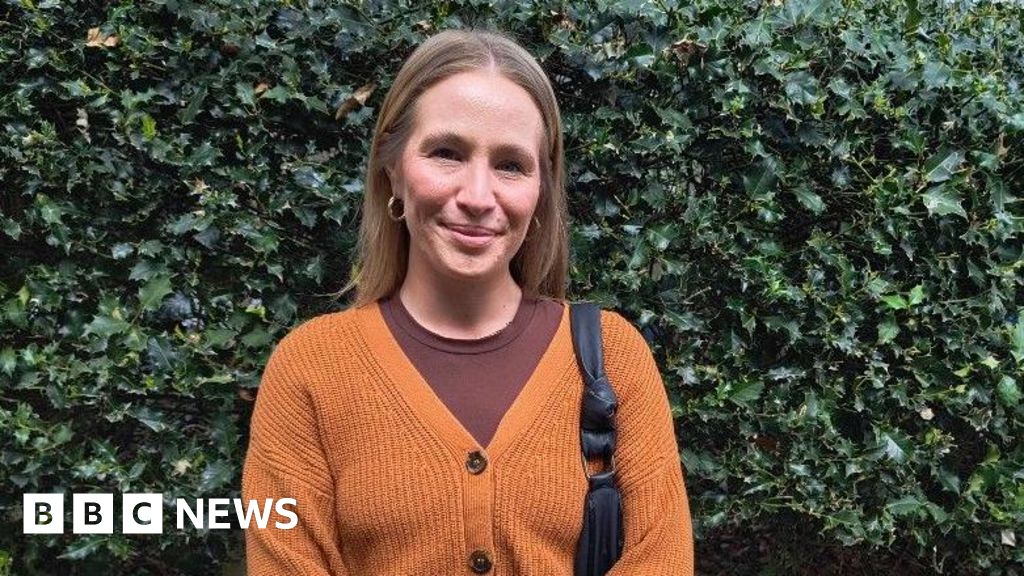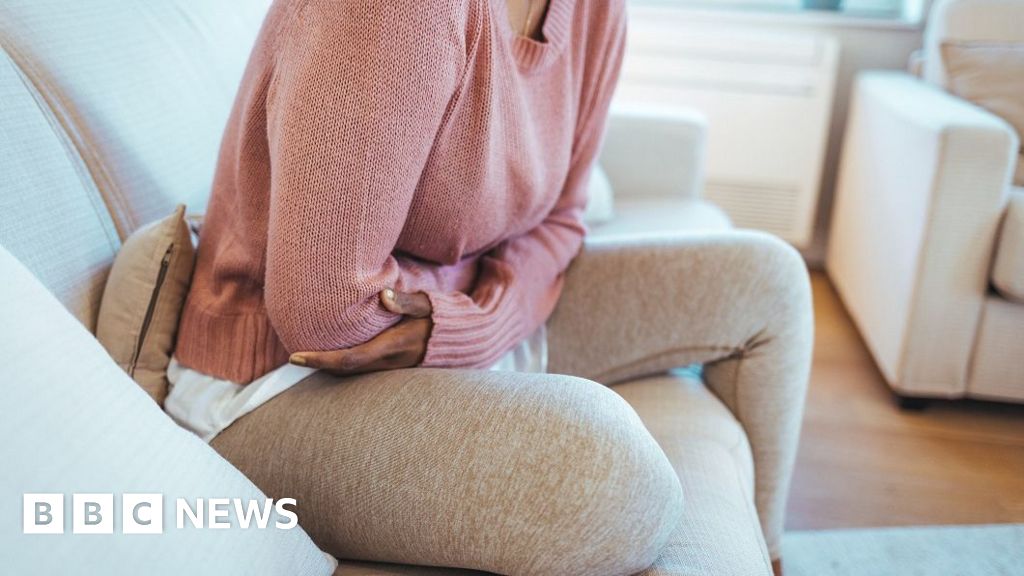ARTICLE AD BOX
By Becky Morton
BBC News
Image source, Getty Images
Boris Johnson is expected to announce an easing of England's Covid rules when he makes a statement on Plan B later.
The cabinet will review the latest data before Mr Johnson addresses Parliament in the afternoon.
A government spokeswoman said the decision was "finely balanced" but the latest data was "encouraging", with cases falling since early January.
Plan B measures - including face masks and Covid passes - are due to expire on 26 January.
The government has committed to reviewing them before this date.
The restrictions were introduced in December to slow the spread of the highly transmissible Omicron variant and to buy time to administer more booster jabs.
On Tuesday, Health Secretary Sajid Javid told MPs he was "cautiously optimistic that we will be able to substantially reduce restrictions next week".
And asked whether restrictions would be lifted during a hospital visit, Mr Johnson said: "We've got to be careful about Covid. We've got to continue to remember that it's a threat."
What are England's Plan B measures?
- Compulsory face coverings for most indoor public spaces, including theatres, cinemas, public transport and shops
- Advice to work from home if possible
- Mandatory Covid passes - showing proof of full vaccination or a recent negative test - to gain entry to nightclubs and other large events, such as big football matches
- Face coverings to be worn by secondary pupils in classrooms
A government spokeswoman said while the Omicron variant still posed a "significant threat", the latest data was "encouraging" as case numbers, while high, were "beginning to fall".
She added that Covid vaccines remained the "best line of defence" - with more than 36m boosters given across the UK so far - and urged people who have not yet been jabbed to come forward.
Daily Covid cases are falling in the UK with the total recorded over the past seven days down 38.9% on the previous week.
Covid hospital admissions also appear to be starting to decrease, with the weekly figure down 2.9% in the seven days up to 14 January - the latest figures available.
However, there is a lag between people catching the virus and becoming seriously ill so deaths are continuing to rise - and are up 14.7% on last week.
On Tuesday, the UK recorded 94,432 new cases and 438 deaths within 28 days of a positive test - the highest figure since 24 February - although the daily death figure tends to be higher after weekends because of reporting delays.
With every passing day, the Covid data is looking better.
Detected cases are now falling steeply - although the changes to testing rules and the fact only Wales has been counting re-infections to date has made some wary of putting too much emphasis on these figures.
It is why it's also important to look at hospital admissions. Last week there were definite signs of a plateau nationally, although that masked differences between regions with some seeing rises and others falls.
But now it looks like all have turned the corner.
It means pressures on the NHS may have peaked at just over 2,000 admissions a day - very much in best-case scenario territory.
A key factor in that - alongside the boosters - was the limited mixing people did over the festive period.
By the end of December average daily contacts were down to under three - not far off the levels seem on the first lockdown.
With more mixing being done, there's no guarantee infections levels and hospital pressures will keep falling.
But the worst of the Omicron wave certainly looks like it has been weathered.
The devolved nations have the power to set their own restrictions, with tougher measures in place for other parts of the UK.
On Tuesday, First Minister Nicola Sturgeon announced that most remaining restrictions in Scotland, including the closure of nightclubs and limits on indoor events, would be lifted from Monday.
In Wales, crowds will return to sporting events from Friday and nightclubs can reopen the following week.
In Northern Ireland, nightclubs remain closed and indoor standing events are not allowed.
Meanwhile in Europe, some countries are seeing record new case numbers.
The head of the World Health Organization has warned that the pandemic "is nowhere near over" - and "the narrative that it is a mild disease is misleading".
Any attempt to extend restrictions in England beyond the expiry date would provoke anger from many Conservative MPs.
The December vote on Plan B measures in the Commons resulted in the biggest revolt by Tory backbenchers since Mr Johnson became prime minister, with 99 voting against compulsory Covid passes for many large venues.
The legislation only passed thanks to Labour support.
It comes as the prime minister is facing mounting pressure over parties held at Downing Street during lockdown.
But his former aide Dominic Cummings has accused Mr Johnson of misleading MPs, claiming he had waved aside warnings about plans for a party.
Six MPs have publicly revealed they have submitted letters of no confidence in Mr Johnson, and the BBC has been told a seventh, Bury South MP Christian Wakeford, has also written to Sir Graham Brady, chairman of the 1922 committee of backbench Conservatives.
If 54 Tory MPs send letters to Sir Graham expressing no confidence in the prime minister, it will trigger a leadership contest.

 3 years ago
45
3 years ago
45








 English (US) ·
English (US) ·